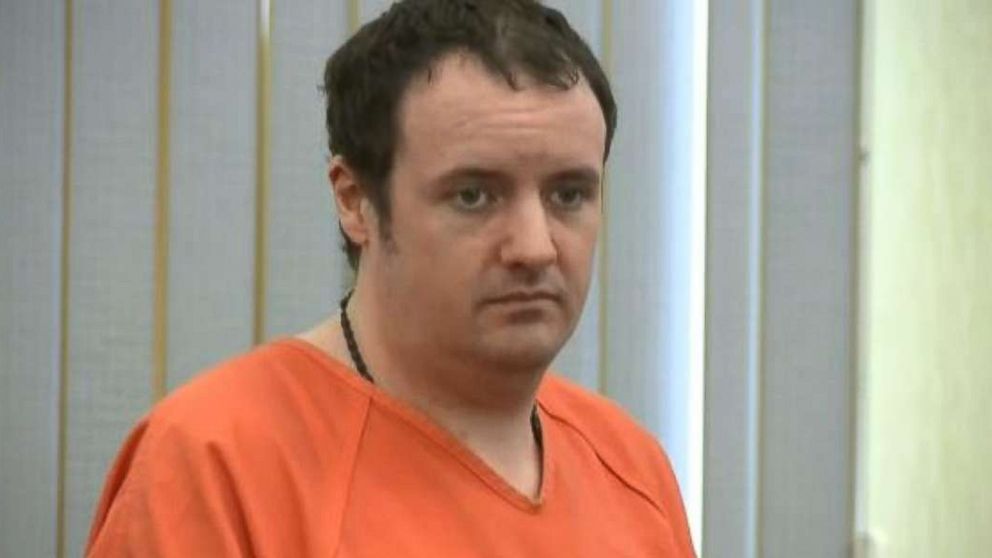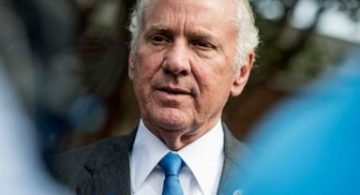
Authorities in New Hampshire are hopeful a smart speaker will be smart enough to convict a double murderer.
Amazon was ordered by a judge on Friday to hand over recordings taken by an Echo device in the Farmington, New Hampshire, home where Christine Sullivan lived with her boyfriend. Sullivan was found murdered in the backyard of the home on Jan. 29, 2017, along with Jenna Pellegrini, who was staying at the home.
The bodies were left in the backyard, under a tarp, and a knife was buried nearby, police said.
Pellegrini, 32, had been stabbed 43 times and Sullivan, 48, was stabbed eight times and had her skull fractured, according to authorities.
Timothy Verrill, 34, was charged with first-degree murder for both women’s deaths. He pleaded not guilty in February 2017.
Police testified at a bail hearing in August 2017 that Verrill knew Sullivan’s boyfriend, Dean Smoronk, who owned the house, and that Verrill had access to the home’s security code. Verrill was also seen on home surveillance video with both women before their deaths, according to Manchester ABC affiliate WMUR.
The ruling was handed down by Strafford County Superior Court Presiding Justice Steven M. Houran on Friday.
“Accordingly, the State’s motion to search in lieu of a search warrant is granted,” the ruling by Houran states. “The court directs Amazon.com to produce forthwith to the court any recordings made by an Echo smart speaker with Alexa voice command capability, FCC ID number ZWJ-0823, from the period of January 27, 2017 to January 29, 2017, as well as any information identifying cellular devices that were paired to that smart speaker during that time period.”
The Amazon Echo device was seized by police from the home, according to court documents.
It’s unclear whether there is any audio evidence on the device, but the court found probable cause that the speaker could have recorded “evidence of crimes committed against Ms. Sullivan, including the attack and possible removal of the body from the kitchen.”
An Amazon spokesperson told The Associated Press it would not release the recordings “without a valid and binding legal demand properly served on us.”





